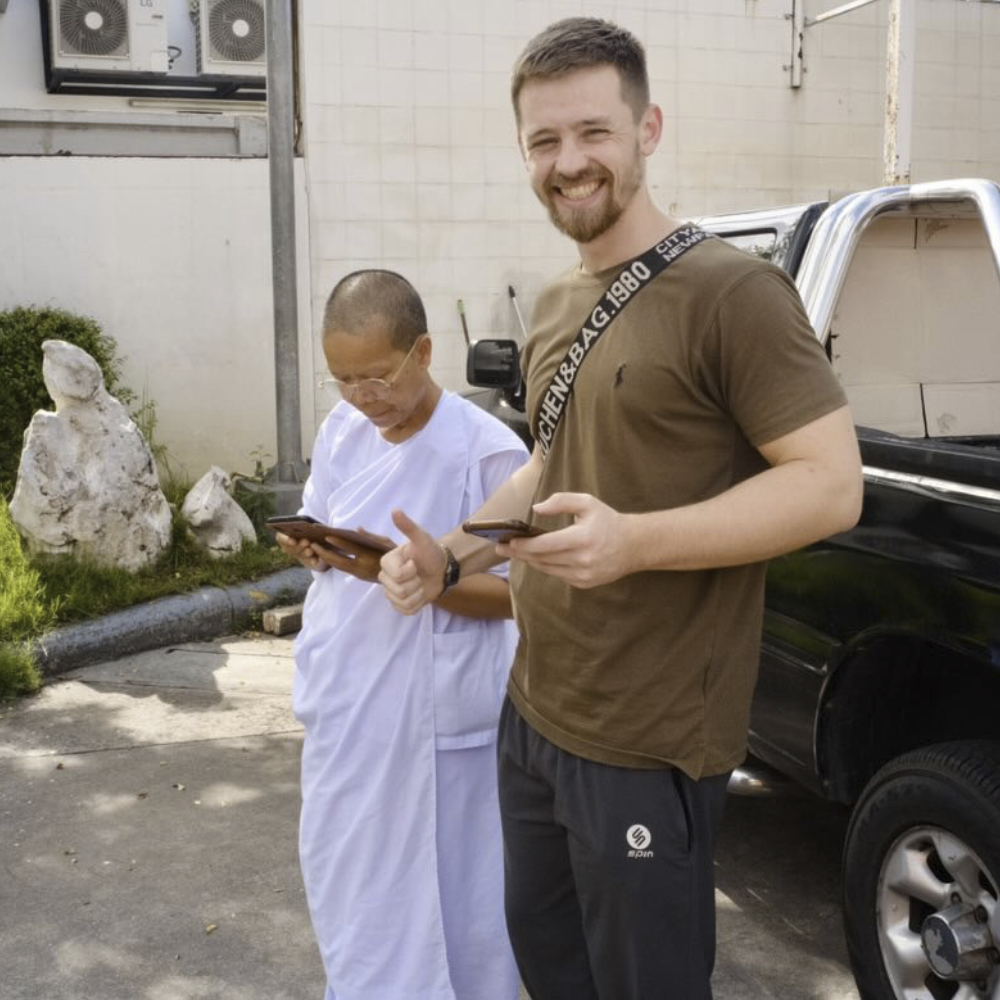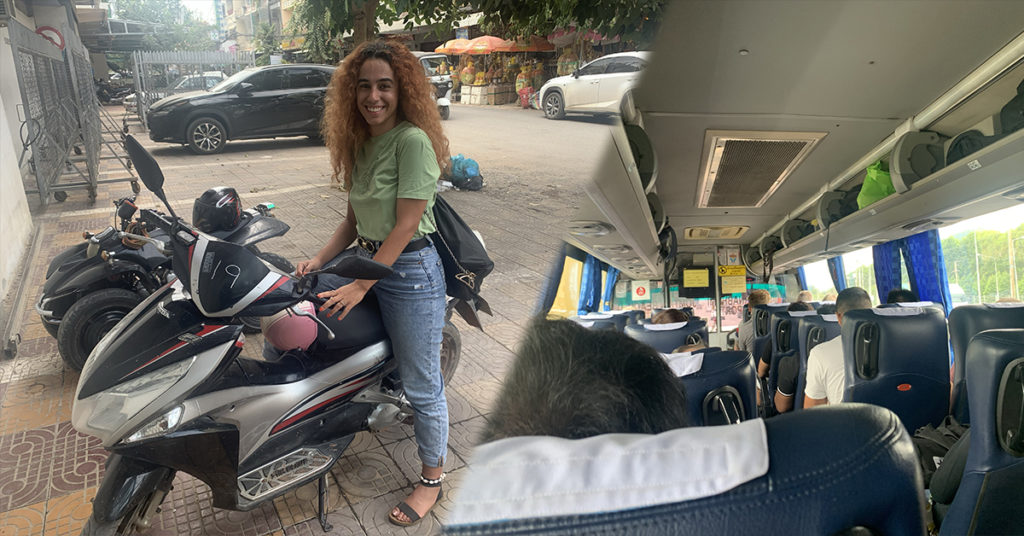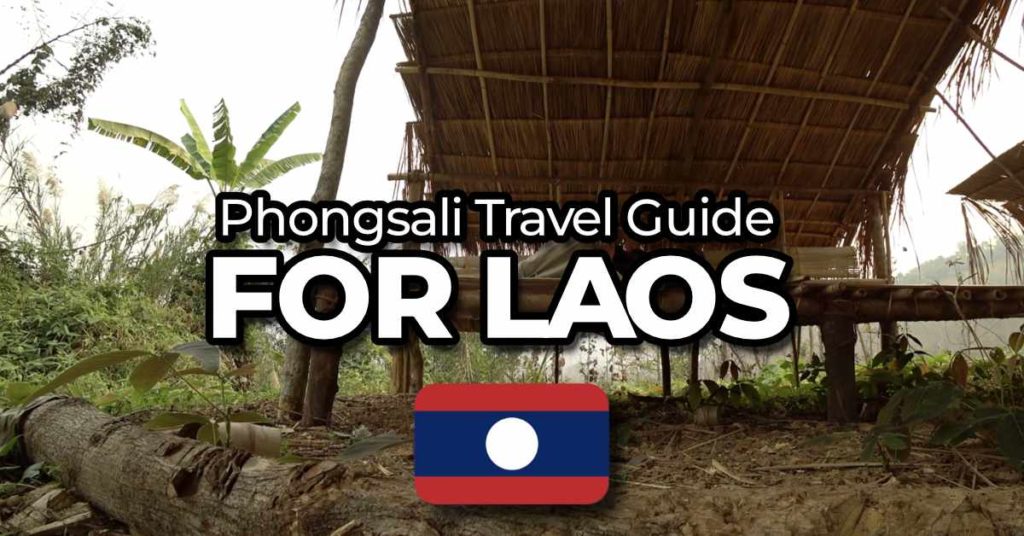Airbnb has rapidly grown as a popular accommodation choice for travellers visiting Japan, since 2018 when it officially became legal, more than 62,000 (now illegally) run rentals were taken off the market, and Japan was left with few Airbnbs to rent. Now Airbnb has been legal for 6 years (at the time of writing), and the market has been picking up. But there are some caveats you should know before booking on Airbnb in Japan – things that can make your booking process fairly annoying and, if you know about them, less frustrating.
Because of the huge debate around the legality of Airbnb rentals in Japan, confusing tourists, we decided to write this article to clear things up. This article will clearly explain if Airbnb is legal for visitors to Japan, while also covering those frustrating things mentioned and alternatives that are similarly priced and easier to book.
Is Airbnb Legal in Japan? (Condo & Rental)
Airbnb is completely legal to use in Japan. Since 2018, and the passing of the Minpaku law, Airbnb’s have been required to operate just like hotels, with licenses. To stay at your Airbnb, you’ll need to give your passport details to the owner, prior to arriving, so they can register your stay. You can rent both short-term (minimum 2 days), and long-term in Japan with no hassles, but there are a few weird rules that may hinder your booking process, we’ll explain below.
Rules about renting Airbnb in Japan you should know about before booking:
- Renting outside of weekends is banned in some municipalities in Japan
- Renting inside residential districts is completely banned in most municipalities
- There is a 180 days in a calendar year rule, that only allows rental properties to be rented on Airbnb for 180 days
- In some municipalities, this is reduced to 90 days
- This affects booking, as some hosts will randomly cancel with no explanation other than, it has to do with “policies” or some other jargon that doesn’t explain why
- There is a general disdain for Airbnbs among people who have had problems with noise complaints etc. so some neighbors may not like you
In general, if you book an Airbnb, and your polite, quite and respectful, you’ll be absolutely fine. This is the same as Airbnb’s in Thailand, while technically illegal, no one really cares unless you’re a total tw*t during your stay and you respect the building, and the people staying there.

However, you might arrive at some properties that do have signs telling you Airbnb is not available in those buildings. If I were you, in this situation (if I’d already paid), I would just stay in the place I booked and be cautious not to cause any issues with neighbours.
6 years ago before the implementation of the Minpaku rule, you would have seen the same kinds of “no airbnb” signs that you see in Thailand, and the same shady tactics such as being told to “tell the residents you’re a friend of someone who lives here” if questioned, “don’t use the fingerprint scanner” etc. But now, with the new laws, Airbnb is a much smoother, and more enjoyable booking and stay in Japan.
However, many have been removed from the platform due to the stricter rules, so you’ll see far less Airbnb available now. Rules such as having to be within the vicinity of your property, and only being able to rent out your own residential address has hindered the business massively.
Municipalities in Japan Where Airbnb is Illegal or More Difficult to Book
So, as mentioned above, there is a 180-day rule, 90-day rule, and even rules where you can only book in certain areas on weekends and national holidays. To avoid running into hassle with lots of cancellations when you’re booking your stay on Airbnb, we’ve listed out the municipalities where this is a problem.
Here are the Airbnb rules for different municipalities in Japan:
- Yokohama City, Shinjuku-ku, Nerima-ku, Bunkyo-ku, Setagaya-ku, Nakano-ku, Hokkaido, Nagano (all only weekends and holiday bookings)
- Kyoto (only January and February bookings are allowed inside residential districts)
- Ota-ku (only allows outside of residential districts)
Airbnb’s Legal Status in Japan for Renters
Airbnb as a platform is completely legal to use in Japan. However, there are very specific rules and regulations that hosts must follow in order for their Airbnb rental to be operating legally.
In 2018, Japan passed a new law legalizing and regulating short-term rental accommodations like those listed on Airbnb. Under this law, hosts are required to:
- Obtain a “Minpaku” license from local authorities to rent out their property
- Display their Minpaku license number on the Airbnb listing
- Only rent out their primary residence, not investment properties
- Limit total rental days to 180 per year in residential areas
Any Airbnb listing in Japan that does not prominently show a Minpaku license number is likely an unlicensed, illegal rental operating in violation of this law.
Long-Term Airbnb Stays in Japan
Renting Airbnb for 30 days or more becomes much easier. In these cases, a Minpaku license is generally not required for hosts to legally accept longer-term tenants, therefore you can stay in most municipalities far more simply. Before booking make sure you stay for 1-2 nights and check reviews thoroughly. This will help you find a clean, quiet, and connected Airbnb for your stay in Japan.
For visitors planning an extended stay in Japan, booking an Airbnb for a month or longer can provide exceptional value compared to hotels or short-term rentals. You’ll have access to full amenities like a kitchen while paying far lower monthly rates.
However, be sure to thoroughly read the listing details. Some Airbnb hosts may include extra fees for utilities, cleaning, or other amenities when renting for longer periods that can add up.
It’s also a good idea to first book a shorter stay of 2-3 nights to ensure the Airbnb property meets your needs before committing to a month long rental. This allows you to see the actual condition, locate nearby amenities, and ensure aspects like noise levels are acceptable.
Airbnb vs Hotels & Other Accommodation Options
When choosing between an Airbnb or a Hotel in Japan, it’s a difficult decision. Airbnbs are usually much cheaper and provide facilities like a kitchen, making vacations much cheaper and easier for families. However in hotels you have regular cleaning, which means you don’t have to worry about taking out your rubbish or cleaning during your well-earned vacation.
If you’re staying over 30 days then it makes far more sense to get an Airbnb. The rate are commonly discounted, and you get amenities such as a kitchen, gym, fridge etc. making your stay far more convenient and more of a local experience.
For short-term stays, hotels seem to be the superior option (if you’re not a large family), due to the ease of use, the 24/7 check-in, cleaning services etc.
I’ve listed the pros and cons of each below:
Pros for Hotel
- Room regularly cleaned, fresh towels, sheets etc provided in cost
- Don’t have to take rubbish out
- More secure for tourists
- No annoying municipality rules to worry about
- Can check in 24/7
Cons for Hotel
- Much more expensive than Airbnb
- Not ideal for long-term rentals
- Doesn’t have a washing machine, kitchen etc.
- Usually not as connected to transport unless paying above $200/night
Pros for Airbnb
- Much cheaper than a hotel & better for long-term stays
- Commonly apartments include a kitchen and often a gym
- Usually have washing machines
- Connected to transport better/usually close to convenience shops like 7/11, Familymart, Lawson etc.
Cons for Airbnb
- Can’t check-in 24/7
- Annoying municipality rules
- No cleaning or replacement of towels etc.
- Have to take out trash
Is Airbnb Safe in Japan? | Safety Concerns
Airbnb is safe in Japan. Many are secure and have reviews you can check before staying. You can stay for both 2 days (minimum stay) and 30 days with no problems. It’s much easier to stay for 30 days due to the Minpaku laws being lifted beyond 30 day rental periods. This makes Airbnb better and safer for long-term rental options.
There are some reports online of people having had poor stays due to hostility from locals that didn’t make them feel welcome. Locals are not entirely happy with Airbnb, especially in residential areas. Although none of this has ever ended in violence, people have left notes on doors, or called the Police on some tourists staying in Airbnbs due to noise complaints or other reasons.
This is extremely unlikely to happen unless you’re a total d*** during your stay. Just respect that you might be staying in a residential area and try not to make noise or have huge parties.
Alternatives to Airbnb in Japan
Overall, Airbnb vacation rentals can provide great value, space and a local experience when done right. However, there are understandable neighborhood concerns and legal grey areas still being worked out in Japan. More traditional accommodation like business hotels and ryokans avoid those issues while still offering an affordable taste of Japan for travelers.
Hostel/Capsule Hotel



These are barebones budget accommodation options. Generally hostels are very quiet, clean and just nice stays in general. They’re very cheap compared to hotels, usually costing $15-30/night, and they are commonly in very convenient locations.
Another bonus of hostels is that you can meet other travellers from all around the world who are like-minded. If you don’t mind sleeping in the same room as others, then this is a great option for you. The social aspect of hostels is amazing. If you don’t like sleeping in the same room, book a private room.
I often personally stay in hostels to meet other like-minded people. You meet some great, friendly people you might never imagine you’d meet and you can learn a lot from them. I’ve personally met business owners, property managers etc. all staying in hostels because they like the social aspect. They’ve taught me very important lessons I won’t forget.
Traditional Ryokan

These are more traditional-style Japanese inns that are commonly more expensive than hotels, but they provide a very extensive breakfast and dinner which is included. It commonly costs anywhere from $25(budget options) to as high at $1000/night. These are usually experiences for couples, with rooms that are located in incredible places.
You get a very authentic experience here, with traditional tatmi mat rooms, futons, traditional architecture and beautiful gardens.
They have a quite strict etiquette too, so if you’re not looking for a strict stay, don’t stay in a Ryokan.
Business Hotel
Business hotels are aimed at business travellers, so they’re usually a lot lower cost than normal hotels. Many travellers who come to Japan and don’t want to pay upwards of $200/night, commonly stay in Business hotels. However, they can be pretty outdated, and sometimes look a little dirty because of their age. A lot are additionally located in very central places and are well connected to everything.
You will get a very tiny room though.

I’m Harry – and I was tired of the same old “10 best places I’ve never been but I’m writing about for some reason” blog posts. So… I’m a young traveller on a mission to travel the world and share my true, unfiltered experience, including all the gristly details. From packing my life into one bag for a year, to traveling Vietnam by motorbike, to sorting out Visas for specific countries – I’ve done it all, am doing it all and only give my advice on things I have done – not regurgitated cr*p from another source *cough* most publications *cough*. So bear with us! This project will take some time to grow, and will take a fair bit of money. But I’m determined to make it the single best source of information about traveling on the internet.


